PABNA, June 23 (V7N)– Three CNG-powered auto-rickshaws, seized by a joint police and army force in Pabna, were allegedly burnt to ashes while in police custody at the Police Lines compound on Saturday morning. The incident has raised questions about the safety of impounded vehicles and sparked demands for compensation from the affected drivers.
The auto-rickshaws, among several others, had been seized on Friday morning from the Gachpara bypass in Sadar upazila. The joint forces cited issues with fitness certificates and defects in documents, leading to fines and legal cases against the drivers. The impounded vehicles were subsequently parked in an open field in front of the staff mess at the Police Lines.
On Saturday morning, fire and smoke were suddenly seen rising from three of the seized auto-rickshaws. Despite efforts by police and fire service personnel, one auto-rickshaw was completely destroyed, while two others suffered significant partial damage.
Police officials, including Pabna Additional Superintendent of Police (Finance and Administration) Mashiur Rahman Mondal, have suggested that a "mechanical fault" or a "cylinder leakage" could have caused the fire. Mondal stated that police would not take responsibility and assured that the entire Police Lines area is covered by CCTV cameras, which would aid in investigating the exact cause.
However, the affected auto-rickshaw drivers are highly skeptical of the official explanation and are demanding swift compensation. They claim that their vehicles were in good working condition when seized and left in police custody.
Hafizul Islam from Jot Adam village in Pabna Sadar upazila, whose auto-rickshaw was completely burnt, shared a harrowing account. Having invested approximately 3 lakh Taka (around $2,500 USD) in the auto-rickshaw – his sole means of income after being cheated abroad – he now faces ruin. Islam stated he personally drove his "flawless" auto-rickshaw into the police line, handed over the key to the police, and received a case token. He later paid a 10,000 Taka fine.
"I left the car inside the police line myself. The police took the key and handed over the case token," Islam recounted. "There was no money, so I was forced to borrow 10,000 taka from my uncle and settled the case. The police then told me the car caught fire on its own. When I went there, I saw that the car was completely burnt down. Only the front glass was there. It had been raining continuously for a few days. In the meantime, how did the car catch fire while it was in police custody? And who will pay the compensation of 3 lakh taka now? Either return my car intact, or arrange for compensation quickly. Besides, how will I run my family?"
Kabir Hossain, a driver from Chatmohar, whose auto-rickshaw was partially burnt, echoed the demand for compensation. "It will take so much money to fix this burnt vehicle. Where will we get this money? We want compensation for our vehicle."
Mustafa Kamal, another driver from Atgharia, whose vehicle narrowly escaped the fire, expressed a broader concern: "Suddenly this morning I heard that my car was on fire. I rushed to find out that the three cars behind my car were on fire. Mine narrowly escaped. But the question remains - is our car safe from the police?"
The incident highlights growing tensions between traffic enforcement agencies and auto-rickshaw drivers over alleged arbitrary detentions and fines, now compounded by the destruction of impounded property while under police care. The Code of Criminal Procedure, 1898, outlines the powers of police to seize property, but also implicitly places a responsibility for its safe custody. The victims' claims of their vehicles being in good condition prior to seizure and the unusual circumstances of the fire within a secure compound are likely to fuel further scrutiny and calls for a thorough, transparent investigation.
END/SRP/RH/



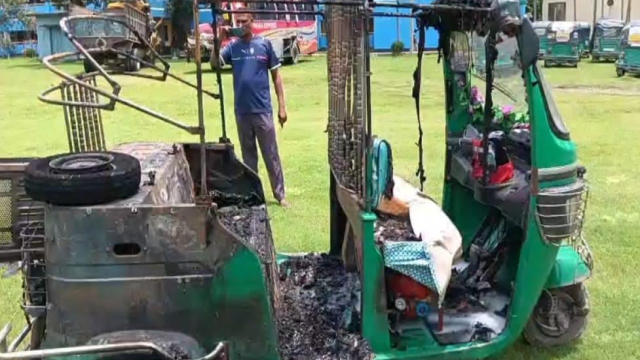




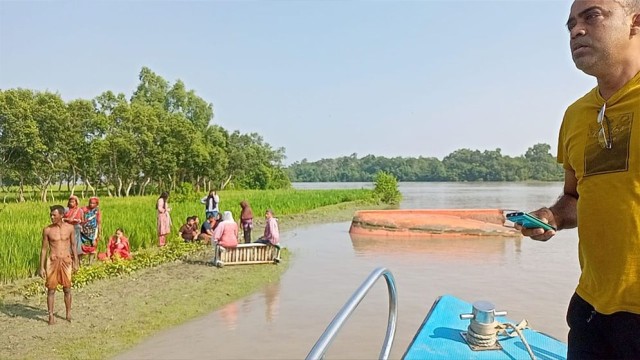
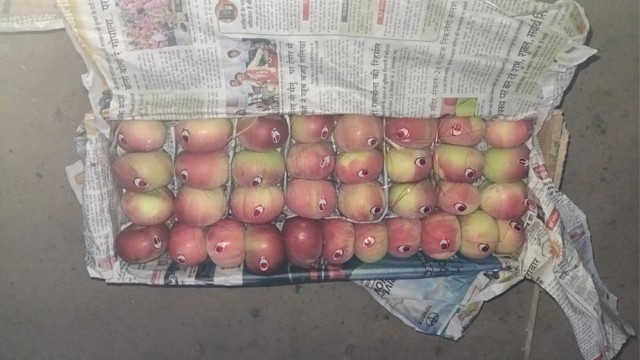

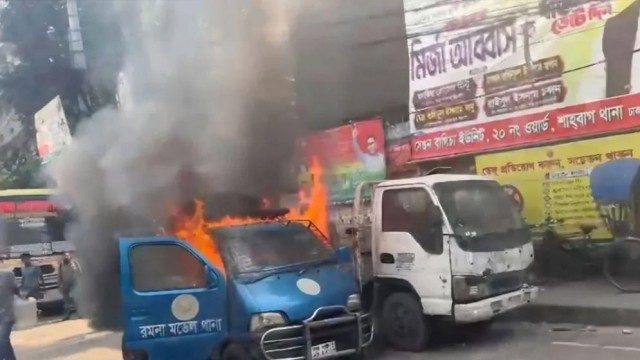
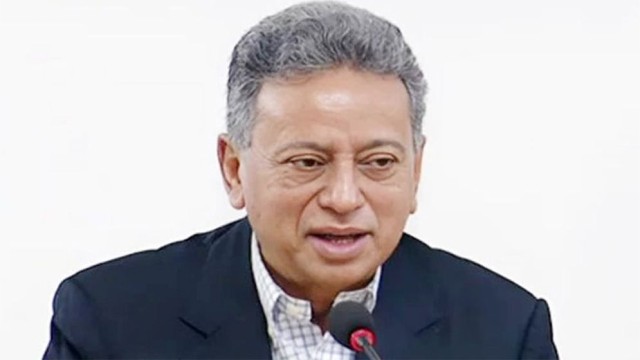
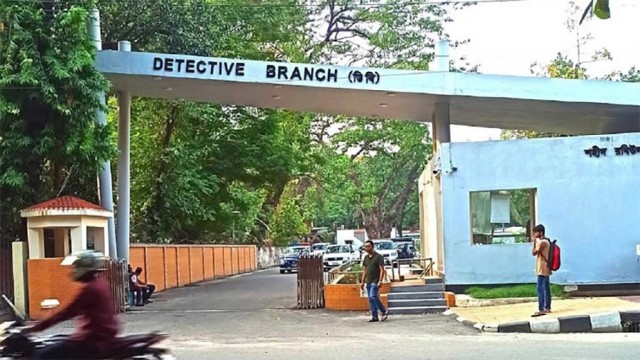
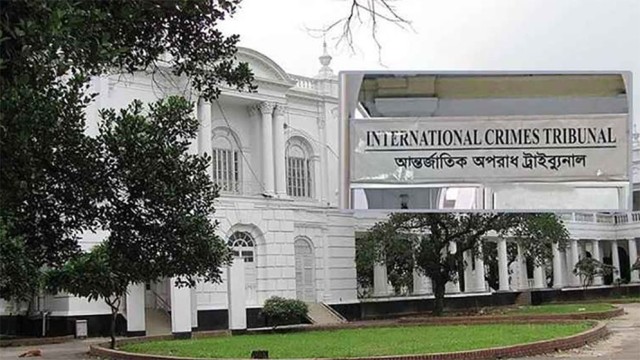
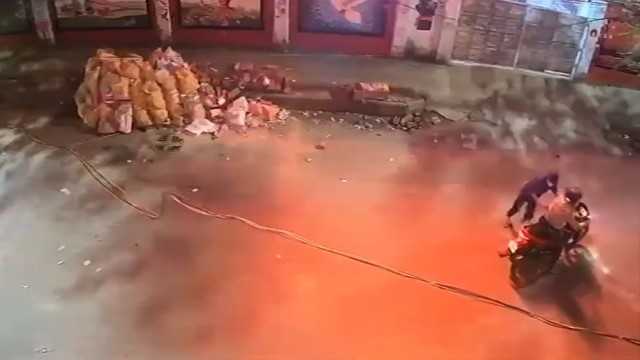
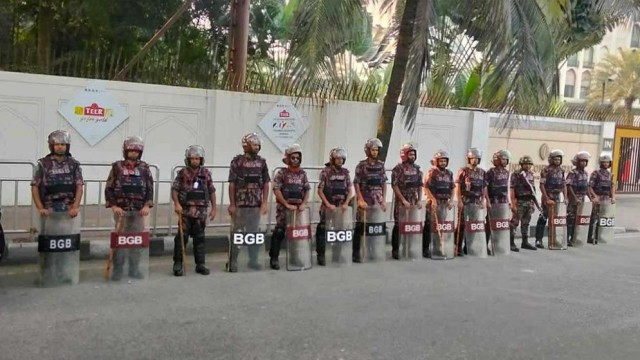
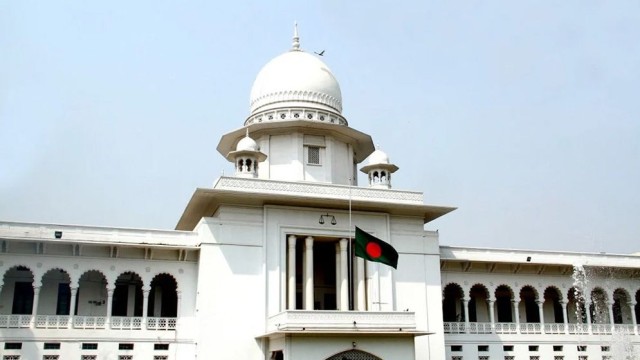
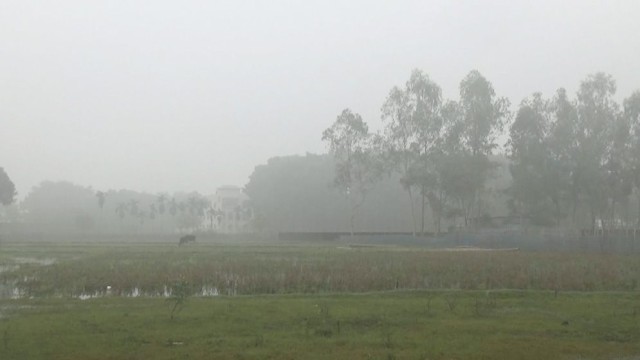


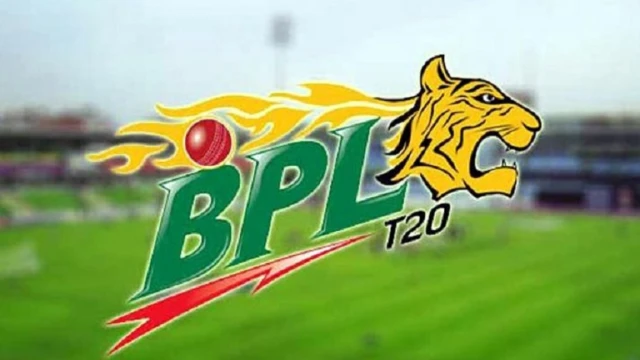
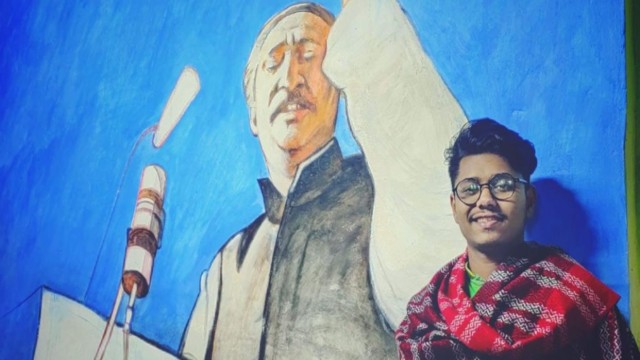
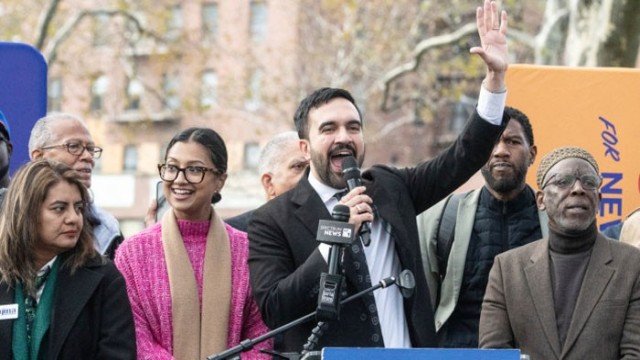
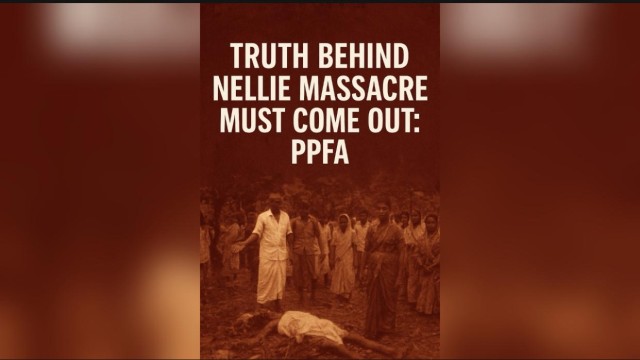


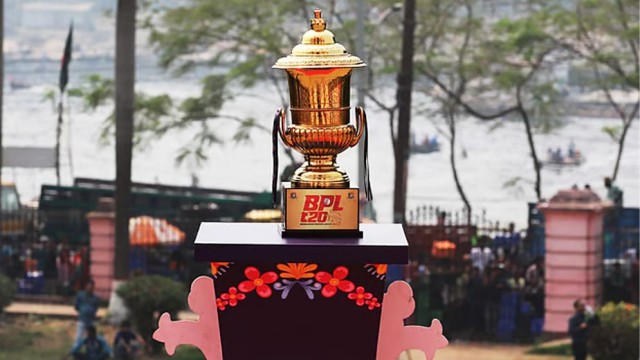



Comment: